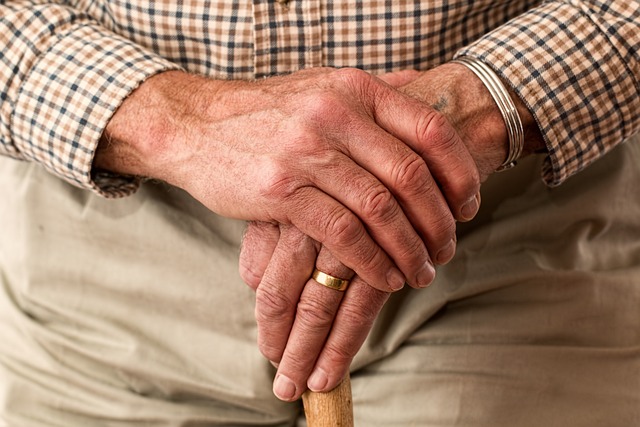Loneliness among the elderly is a significant health concern, linked to mental health issues like anxiety and depression, and physical problems such as high blood pressure and weakened immune systems. Elderly Companion Services provide vital support by offering regular companionship, emotional care, and social interaction, helping seniors combat loneliness and isolation. These services improve quality of life, manage mental health conditions, and encourage positive lifestyles. When choosing companions, prioritize your loved one's needs, communicate preferences, and seek compatibility for a beneficial, tailored experience.
“Elderly individuals often face the challenges of loneliness and social isolation, which can significantly impact their mental well-being. This article explores the transformative power of senior companionship services in addressing these concerns. We delve into the profound effects of loneliness on the elderly, highlighting the numerous benefits of having a companion.
From improved emotional health to enhanced daily living, the right elderly companion service can make a world of difference. Learn how to choose the ideal match for your loved one’s unique needs and unlock the door to a happier, more fulfilling life.”
- Understanding the Impact of Loneliness on Elderly Individuals
- Benefits of Senior Companionship Services
- How to Choose the Right Companion for Your Loved One's Needs
Understanding the Impact of Loneliness on Elderly Individuals

Loneliness is a growing concern among the elderly population, often leading to significant negative impacts on mental well-being. As people age, social connections may weaken or decrease due to various factors such as living alone, reduced mobility, and the passing of close friends or family members. This sense of isolation can result in increased anxiety and depression, affecting overall quality of life. Research has shown that loneliness can have physiological effects too, including higher blood pressure and a weakened immune system.
Elderly companion services play a crucial role in combating these challenges. By providing regular companionship, these services offer emotional support and help bridge the gap in social interactions. Companions can engage in meaningful conversations, participate in leisure activities, and assist with daily tasks, thereby reducing feelings of loneliness and promoting mental health and happiness among older adults.
Benefits of Senior Companionship Services

Senior companionship services play a pivotal role in enhancing the mental well-being of the elderly, offering a range of benefits that contribute to their overall happiness and satisfaction. One of the key advantages is the provision of social interaction, which is particularly crucial for seniors living alone. Regular visits from companions can alleviate feelings of loneliness and isolation, fostering meaningful connections and a sense of belonging. This social engagement stimulates cognitive function, encourages active conversations, and provides an outlet for sharing life stories and experiences, all of which are essential for maintaining mental acuity.
Furthermore, elderly companion services provide emotional support tailored to individual needs. Companions can offer comfort, empathy, and companionship, helping seniors cope with feelings of depression or anxiety. They assist in managing stress levels, encourage participation in enjoyable activities, and promote a positive outlook on life. By combining social interaction with emotional support, these services create an environment that nurtures mental well-being, enhances quality of life, and contributes to the overall longevity and happiness of seniors.
How to Choose the Right Companion for Your Loved One's Needs

When considering elderly companion services, understanding your loved one’s unique needs is paramount. Every individual has different preferences and requirements when it comes to companionship. Some may need help with daily tasks like cooking and cleaning, while others might primarily seek emotional support and someone to chat with. It’s essential to communicate openly with the potential companion or care provider to ensure a good match. Ask about their experience, training in specific areas of care, and how they handle different situations.
You should also consider personal compatibility. A good fit goes beyond just completing tasks; it involves building a comfortable and trusting relationship. Observe how the companion interacts with your loved one and if they show patience, kindness, and respect. Additionally, look for signs of active listening, empathy, and adaptability—key traits that contribute to a positive and beneficial companionship experience.
For many elderly individuals, loneliness can significantly impact their mental well-being. However, senior companionship services offer a beneficial solution, providing not just social interaction but also emotional support and enhanced quality of life. By understanding the importance of these services and choosing the right companion, we can help alleviate the effects of loneliness and foster a happier, healthier aging process for our loved ones. Elderly companion services play a crucial role in creating meaningful connections and improving overall mental health for seniors.






